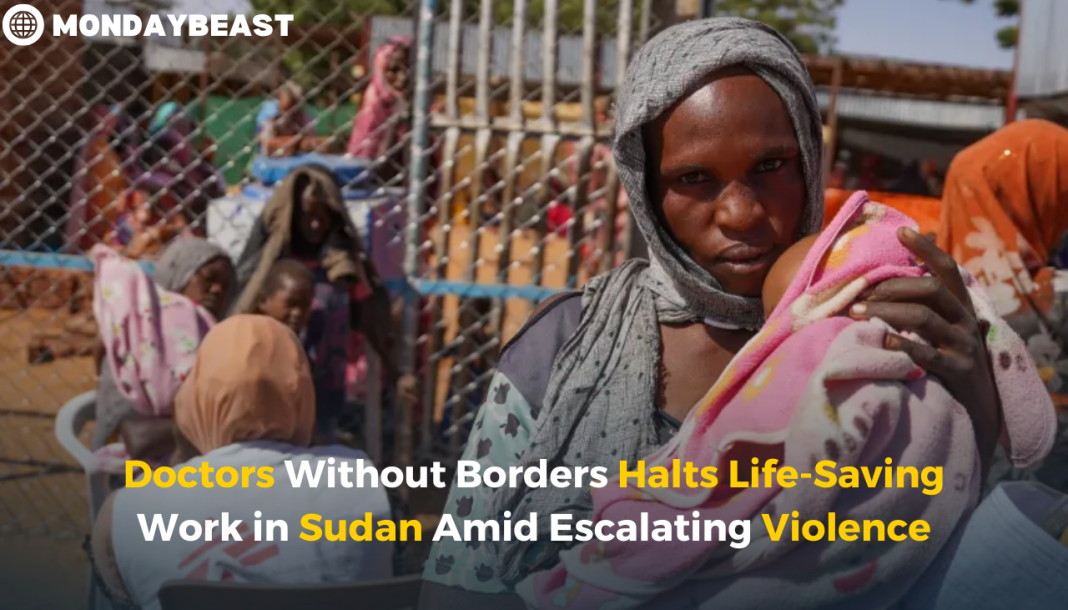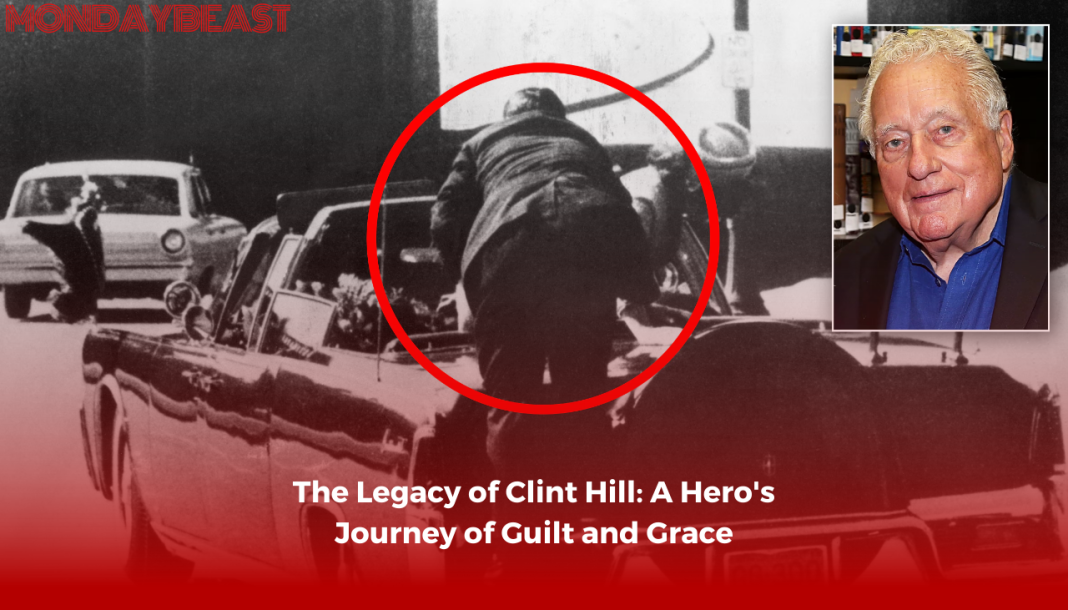In a tragic turn, Doctors Without Borders (MSF) has ceased operations in Zamzam camp, North Darfur. This camp has served as a refuge for half a million people displaced by brutal conflict. Now, growing violence threatens both lives and humanitarian efforts.
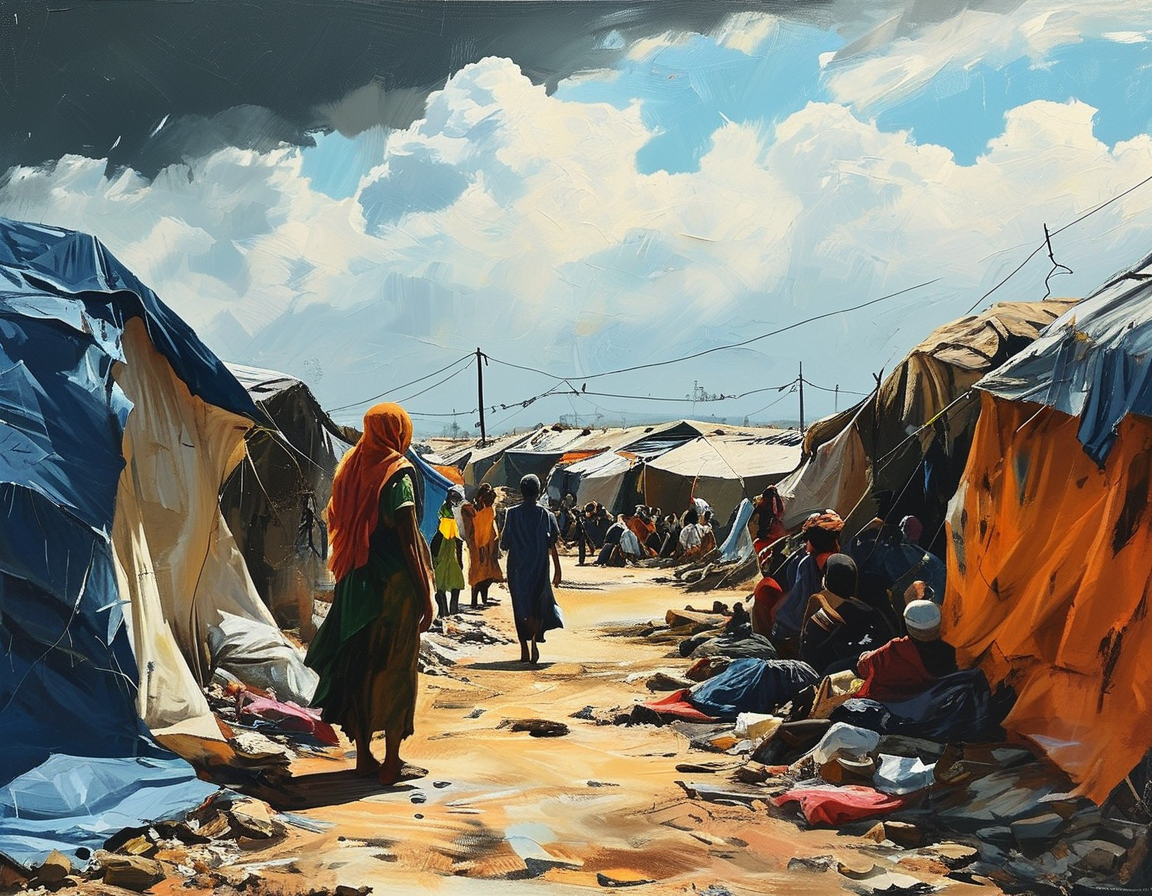
The escalating chaos stems from increased fighting involving the paramilitary Rapid Support Forces (RSF). Just last month, clashes erupted near el-Fasher, sending families fleeing and leaving many in dire need of medical attention. It’s heartbreaking to think about those who rely on MSF’s services for survival.
MSF’s mission in Zamzam has always been critical. Their field hospital treated victims of violence and malnutrition. Yet, with continued threats and a lack of medical supplies, staff had to make the painful choice to withdraw. Are we truly willing to let humanitarian needs go unmet in the face of such violence?
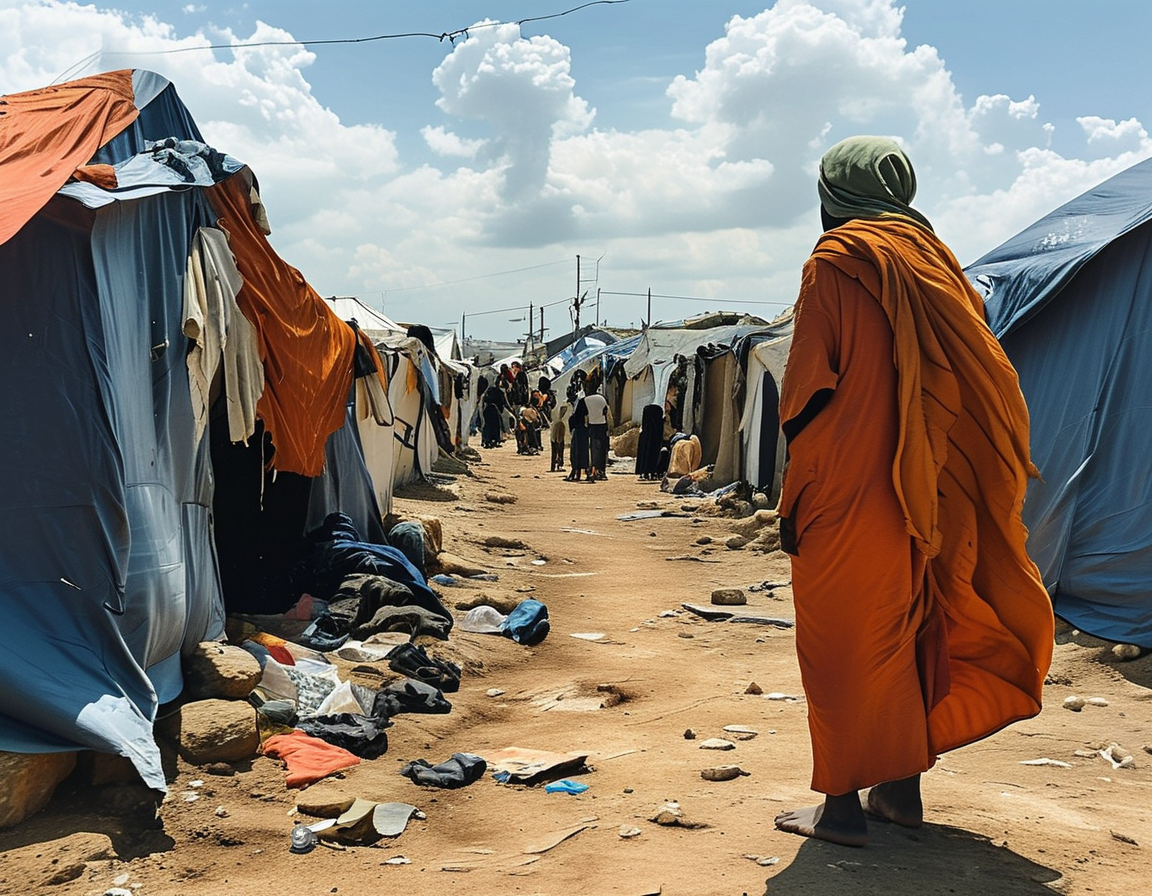
Yahya Kalilah, MSF’s country director, spoke of the anguish experienced in halting their mission. It’s not just about medical assistance; it symbolizes loss for the community. It makes you wonder—how can we stand by as lives hang in the balance?
The civil war in Sudan, ignited in April 2023, has drawn widespread condemnation. Thousands have been killed, and over 14 million people have been forced from their homes. The scale of the humanitarian crisis is staggering. So why does it feel like we’re losing sight of those suffering?
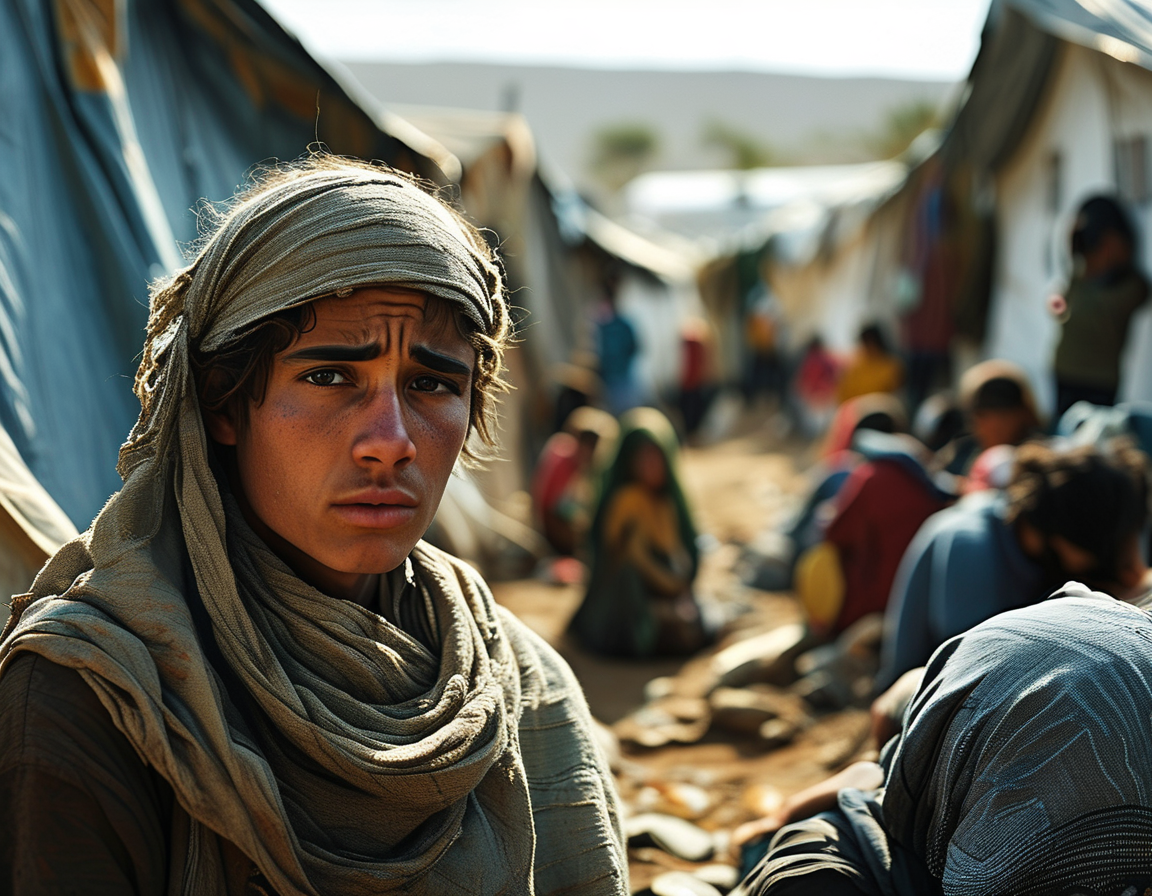
Troubling reports surfaced from the UN in February. Violent upheavals in Zamzam triggered mass displacements and tragic fatalities. What’s left in the wake of such brutality? A community struggling to survive, a frightening reality that goes largely unnoticed abroad.
Recent statistics reveal the grim reality of healthcare in the camp. In a few weeks, MSF treated numerous patients with gunshot and shrapnel injuries. Yet, the harsh truth remains that some patients didn’t survive due to inadequate resources. Can we afford to turn a blind eye to these preventable deaths?
The international community’s response has been bleak. UN Secretary-General Antonio Guterres warned of further escalation amid rising tensions. His concern highlights a growing fragmentation of Sudan’s political landscape. So, what does this mean for hopeful rebuilding efforts in the future?
With the RSF now forming a parallel government, the situation continues to spiral. The fear is plain. The RSF’s actions raise the specter of genocide and war crimes, only compounding the existing humanitarian crisis.
In a world where news cycles rapidly shift, how do we ensure that the plight of these innocents maintains our attention? Each story, each child affected matters. Perhaps we should reflect on our role; how can we amplify their voices?
Taking a step back, the withdrawal of MSF underscores profound questions about global responsibility. Can we truly reconcile our comfort while others face unimaginable horror? The urgent need for assistance is clear. Together, we need to advocate for those left behind.

